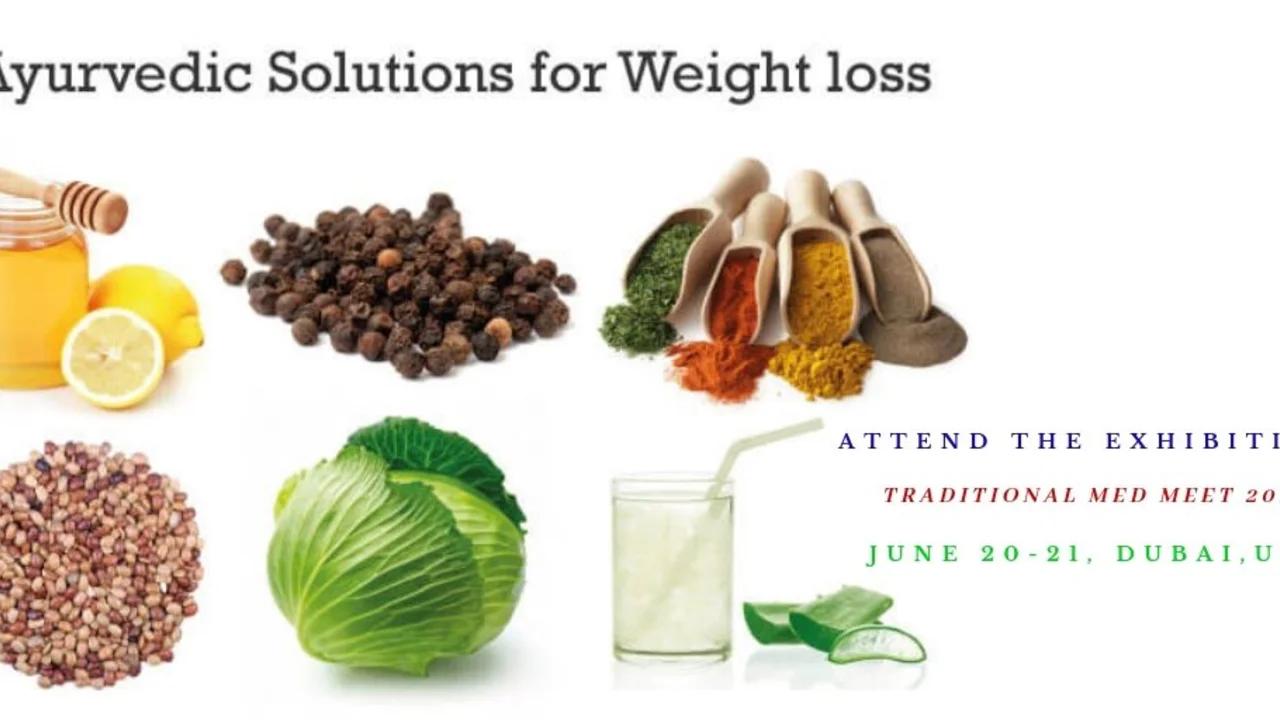Hibiscus Health Benefits: What the Plant Can Do for You
Ever wonder why hibiscus tea is popping up on health blogs? It’s not just a pretty pink drink. The flower packs a punch of antioxidants, vitamins, and compounds that can actually help your body in several ways. Below, we break down the most useful benefits and show how easy it is to make hibiscus part of your day.
Key nutrients and why they matter
Hibiscus is loaded with vitamin C, anthocyanins, and flavonoids. Vitamin C supports immune function and skin repair, while anthocyanins give the plant its deep red color and act as powerful antioxidants. Those antioxidants help neutralize free radicals, which are linked to inflammation and premature aging.
One of the most talked‑about effects is on blood pressure. Several small studies have shown that drinking hibiscus tea daily can lower systolic pressure by about 5‑8 mmHg. The exact reason isn’t fully nailed down, but the plant’s natural acids seem to relax blood vessels, making it easier for blood to flow.
Beyond the heart, hibiscus may aid weight management. The tea has a mild diuretic effect, helping the body shed excess water. It also contains compounds that can improve metabolism and curb appetite, especially when you replace sugary drinks with a low‑calorie hibiscus brew.
Practical ways to add hibiscus to your routine
Getting hibiscus into your diet is simple. The most common method is a hot or cold tea. Just steep 1‑2 teaspoons of dried hibiscus petals in boiling water for 5‑10 minutes, strain, and enjoy. Add a slice of lemon or a dash of honey if you need a little flavor boost.
If you’re not a tea fan, try hibiscus powder in smoothies. A tablespoon blends well with berries, banana, and a splash of almond milk, giving you a nutrient‑rich shake without the tartness of straight tea.
Hibiscus can also brighten sauces and soups. Toss a pinch into a tomato‑based sauce for a subtle tang and extra color, or stir it into a cold gazpacho for a refreshing twist.
For those who like a little fizz, brew a strong hibiscus concentrate, chill it, then mix with sparkling water for a homemade soda. It’s a great alternative to commercial drinks loaded with sugar and artificial flavors.
While hibiscus is safe for most people, folks with low blood pressure or who are pregnant should talk to a doctor before drinking large amounts. Also, hibiscus can interact with certain medications, like antihypertensives, so a quick check with your pharmacist is wise.
Bottom line: hibiscus is a versatile, low‑cost plant that offers real health perks—from supporting heart health to boosting immunity and helping you manage weight. Pick a preparation method that fits your lifestyle, sip regularly, and you’ll likely notice the benefits without any hassle.

